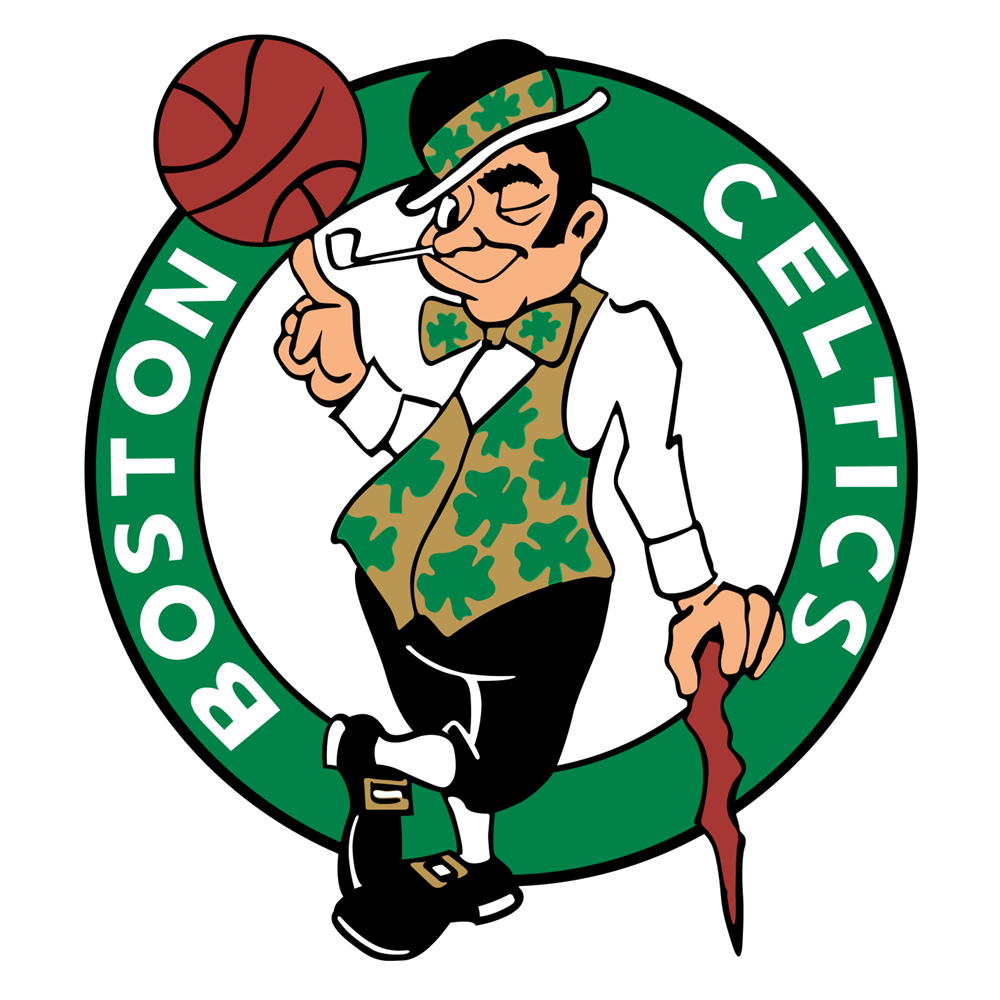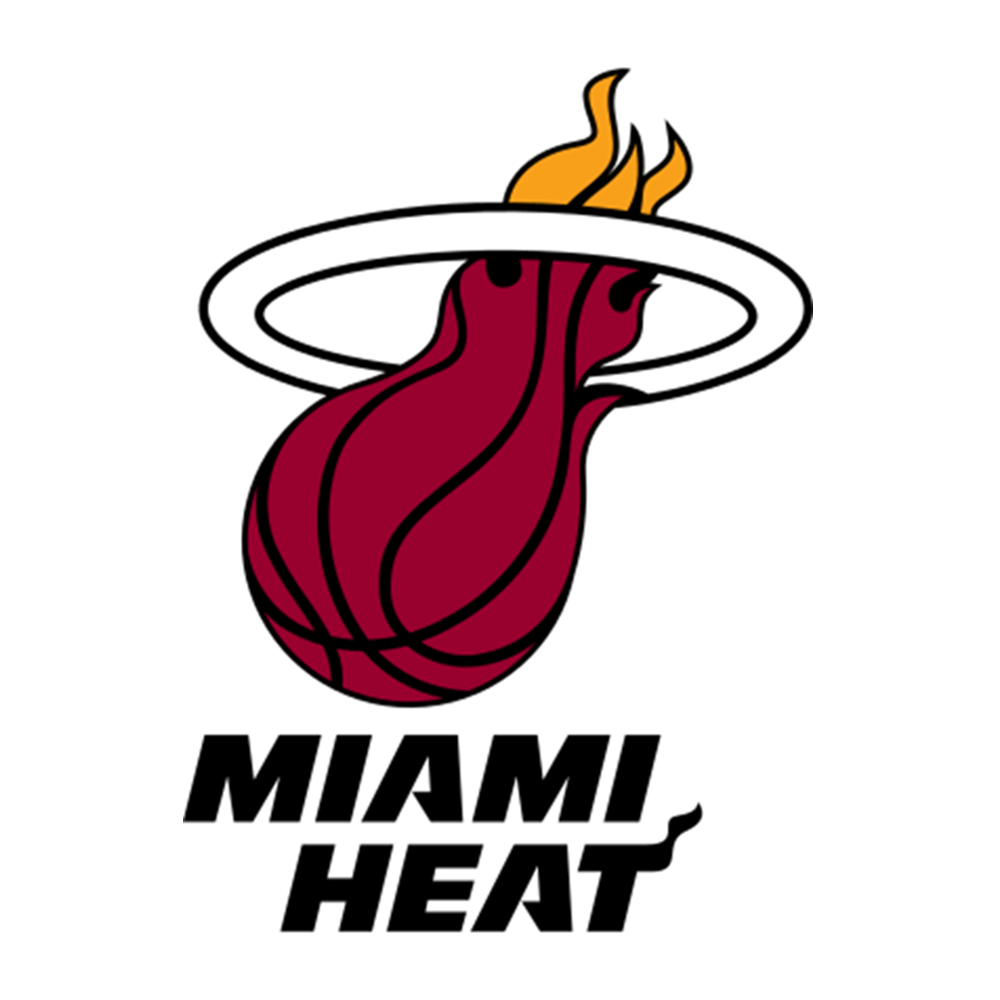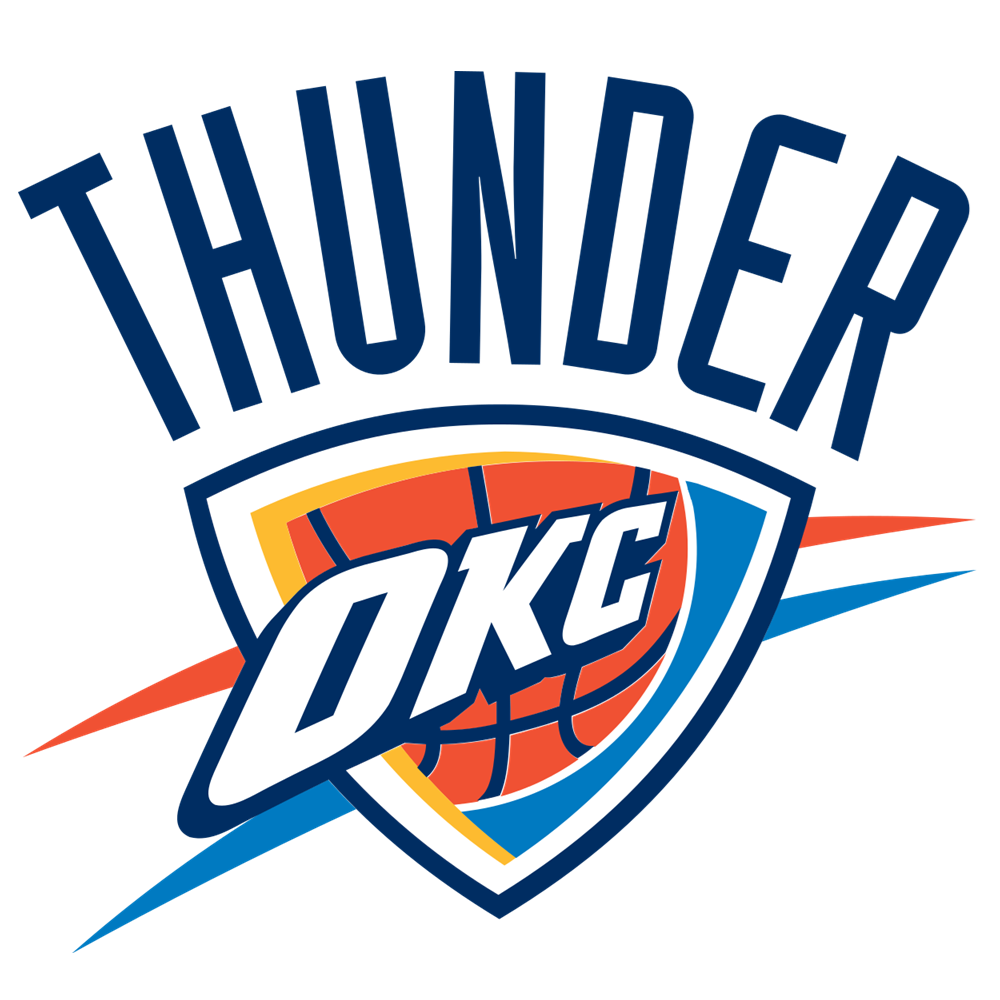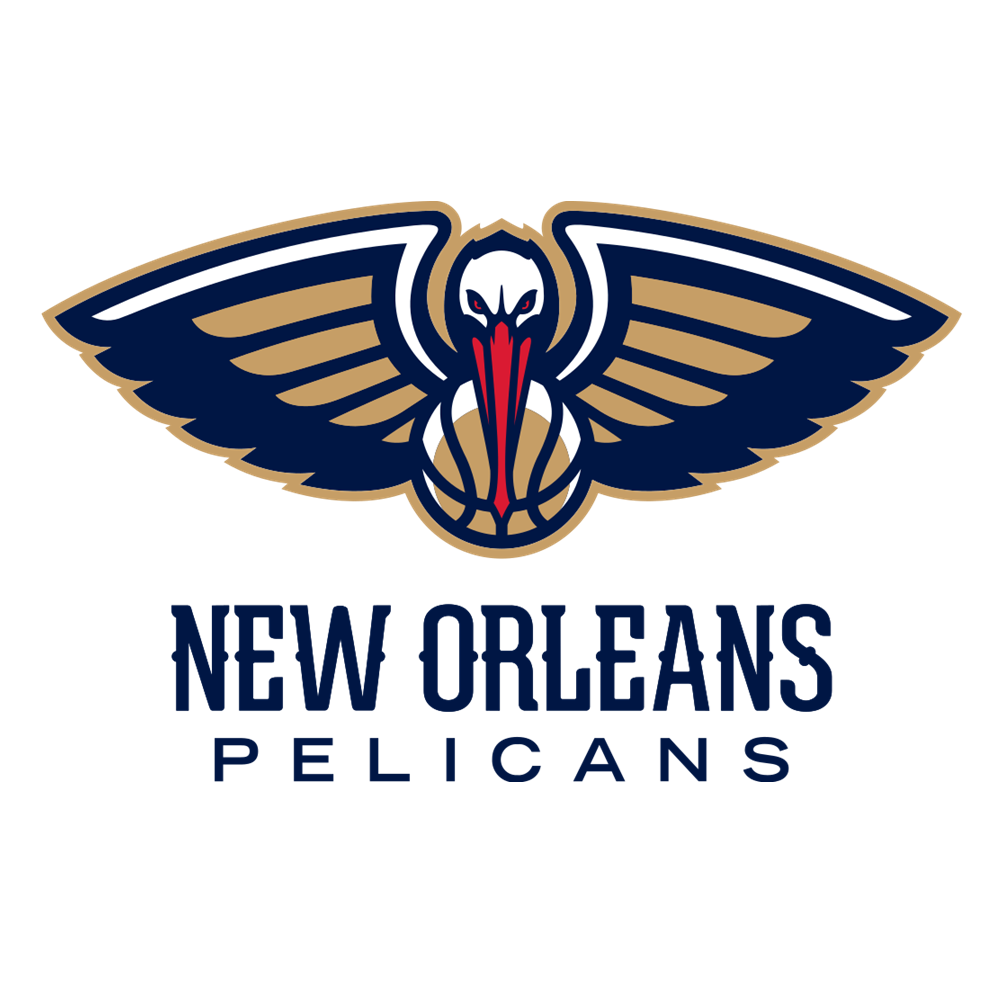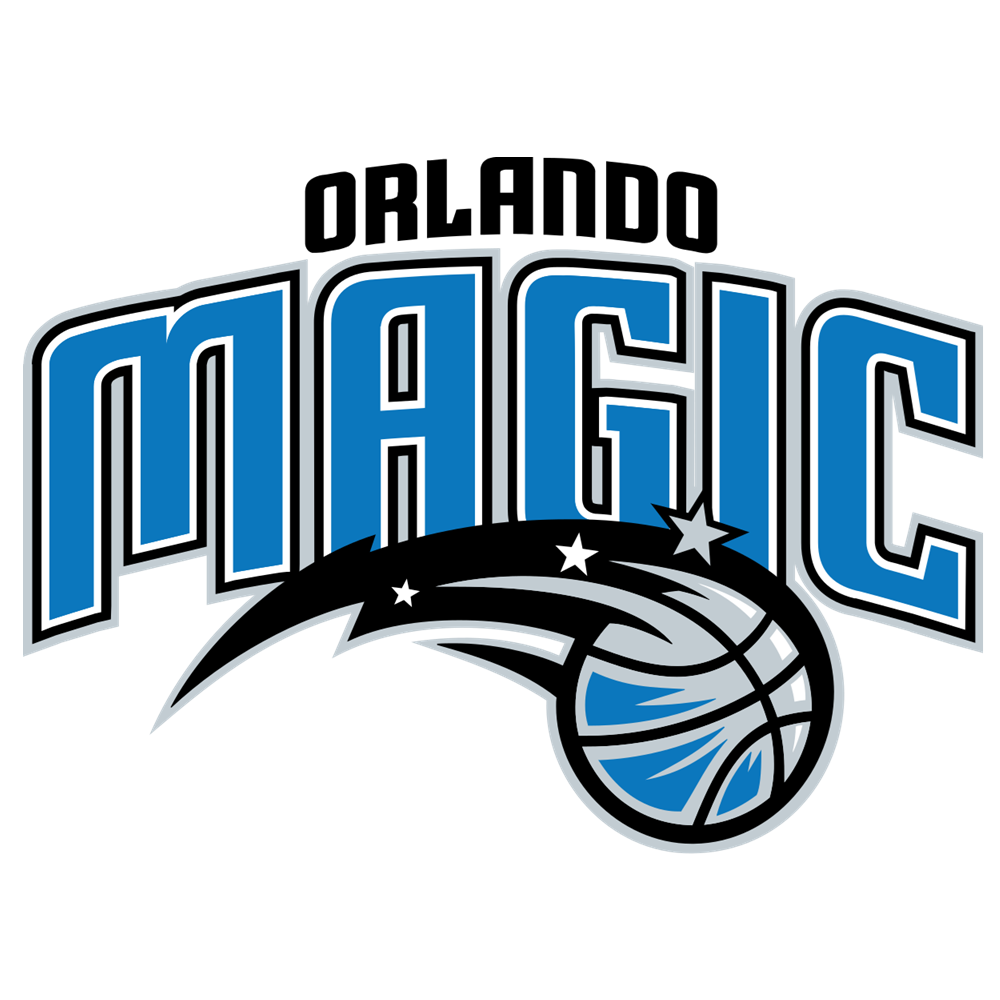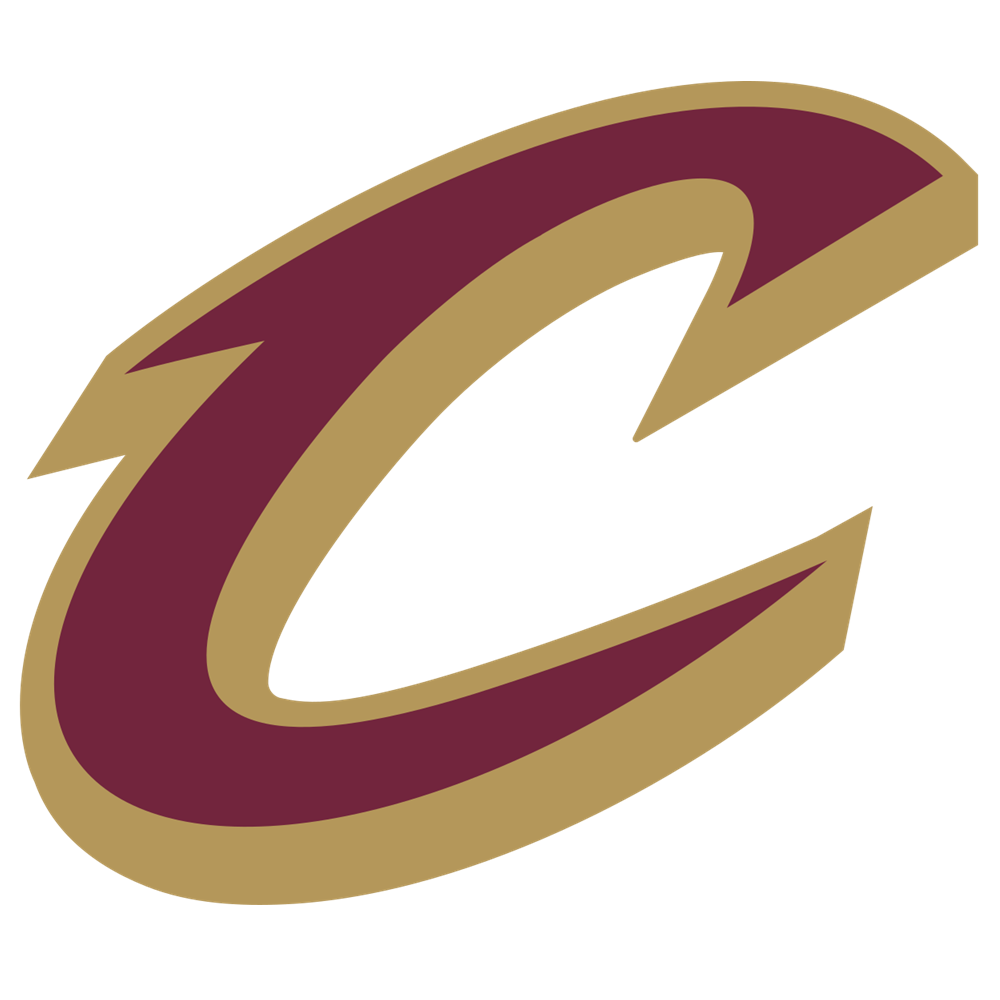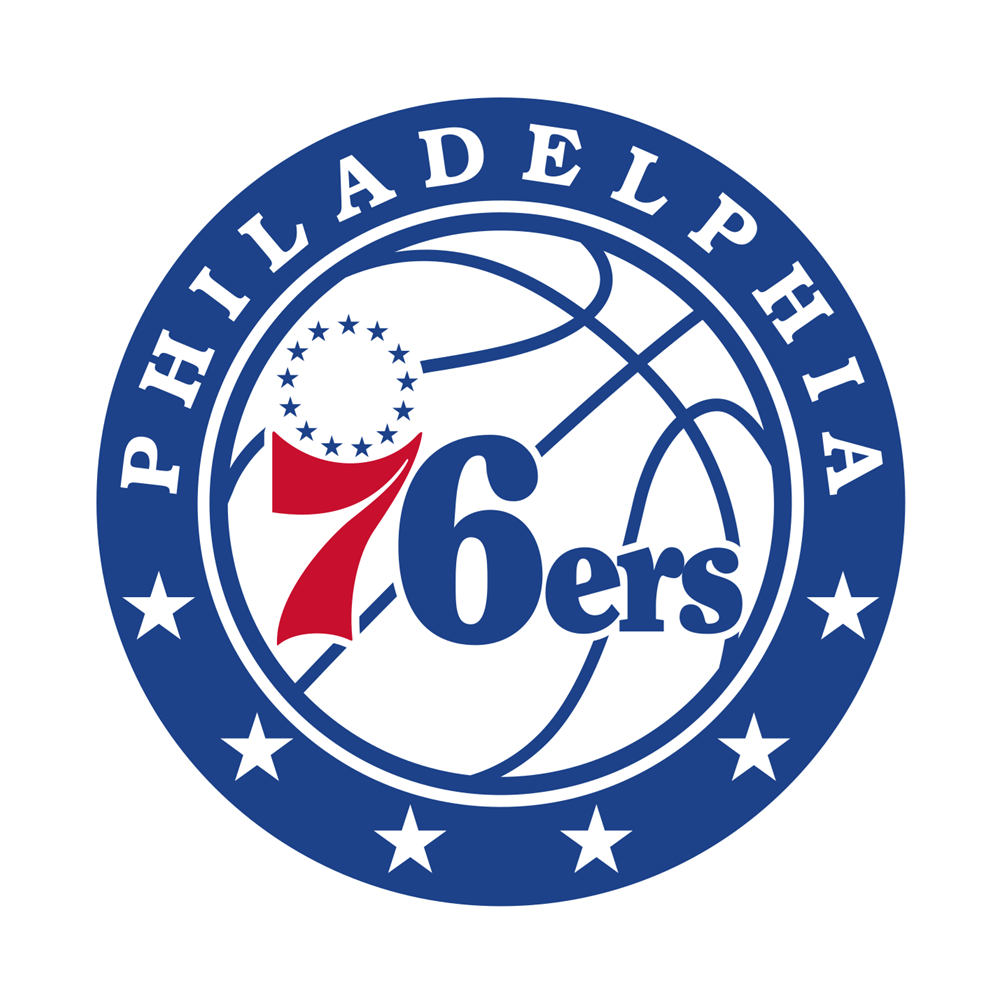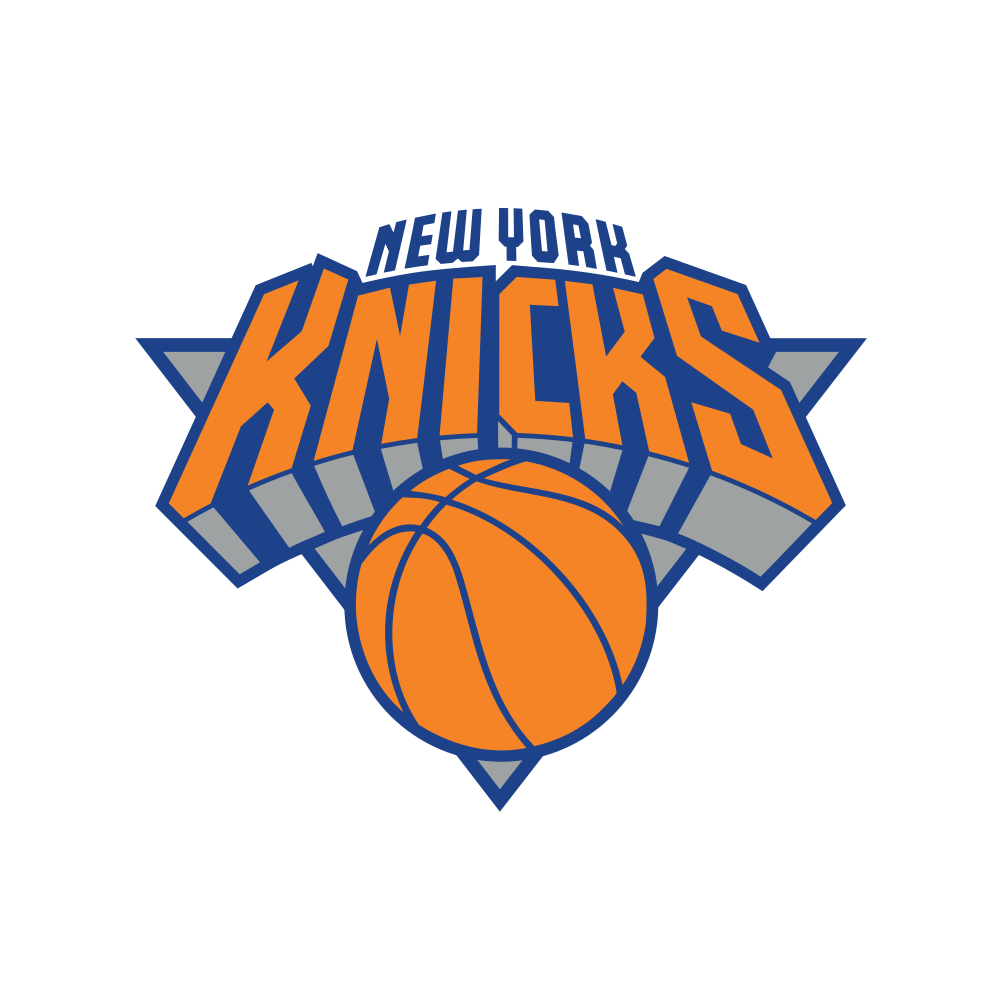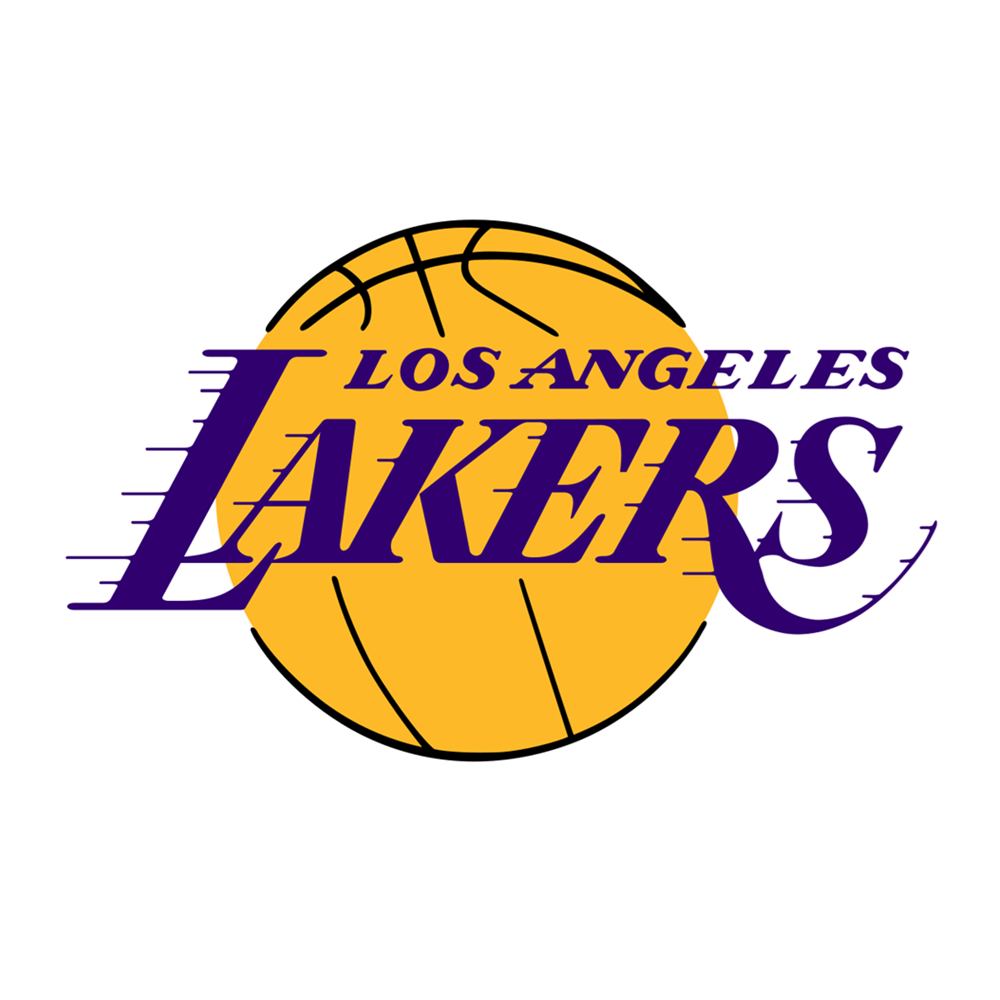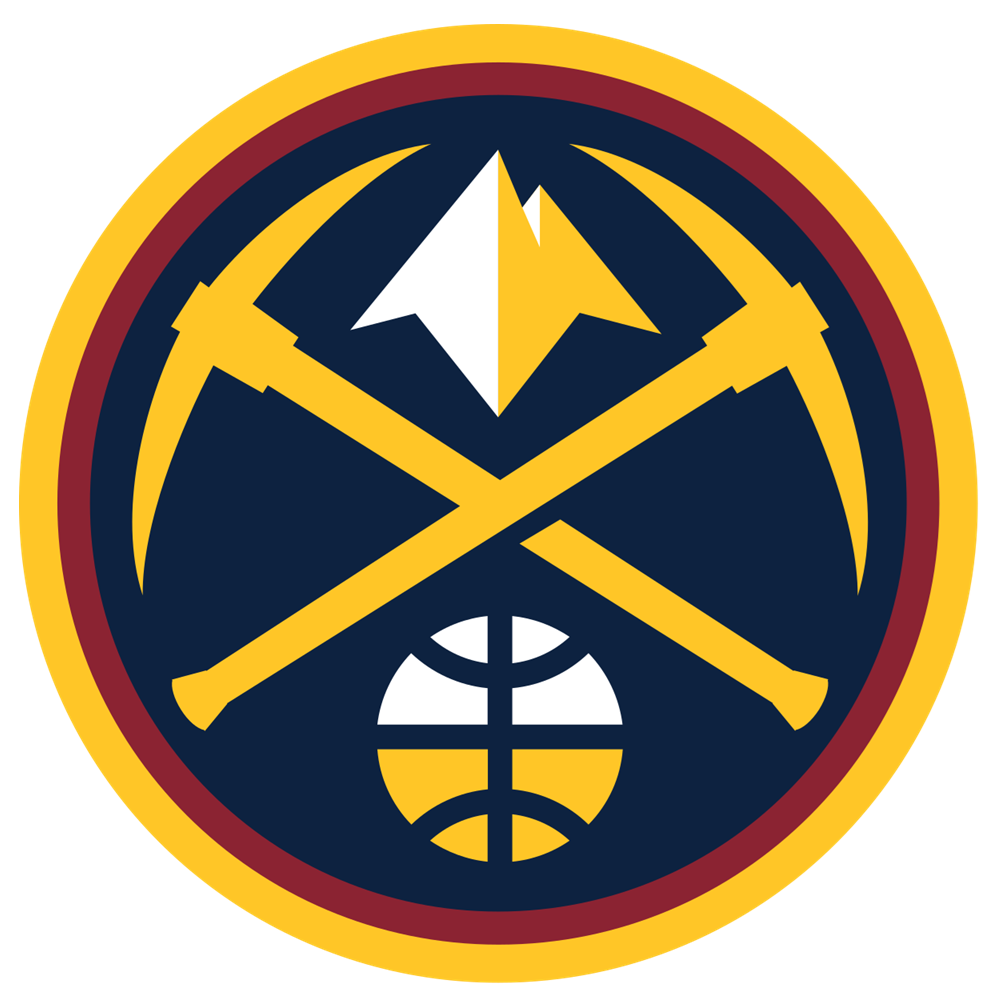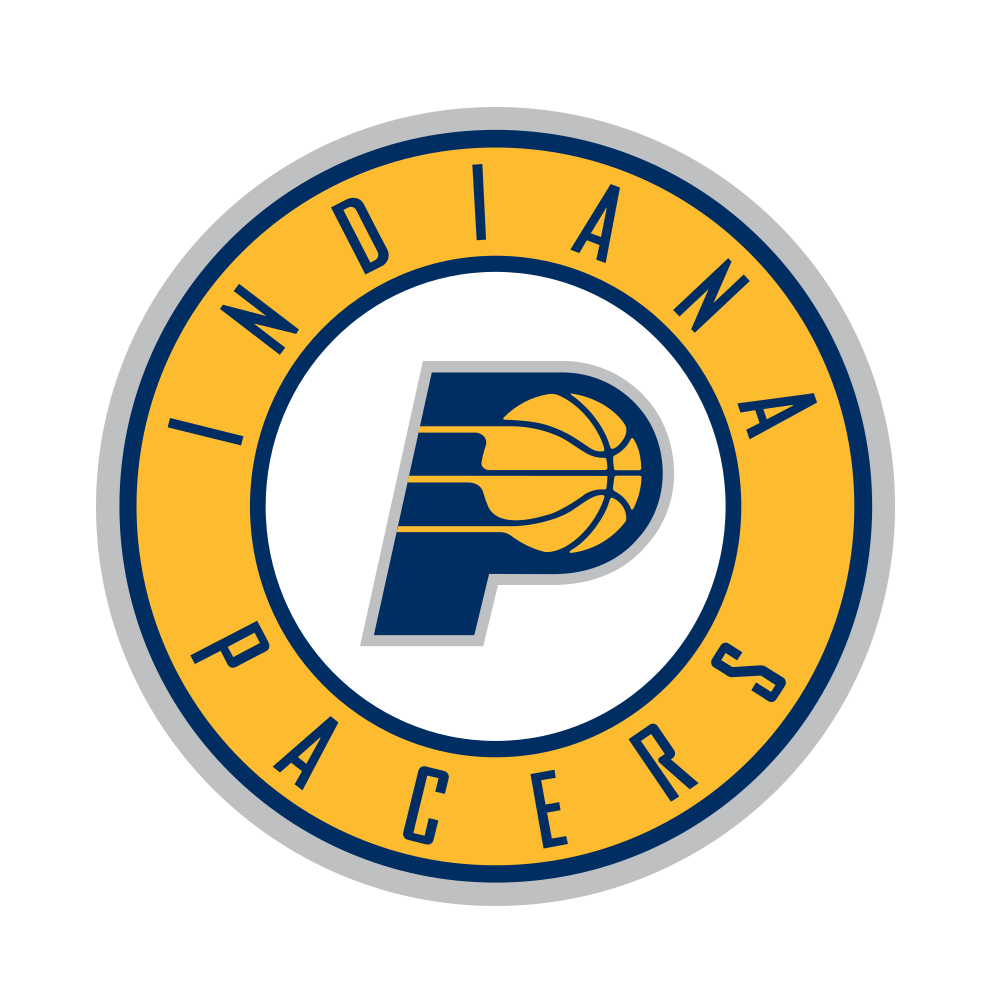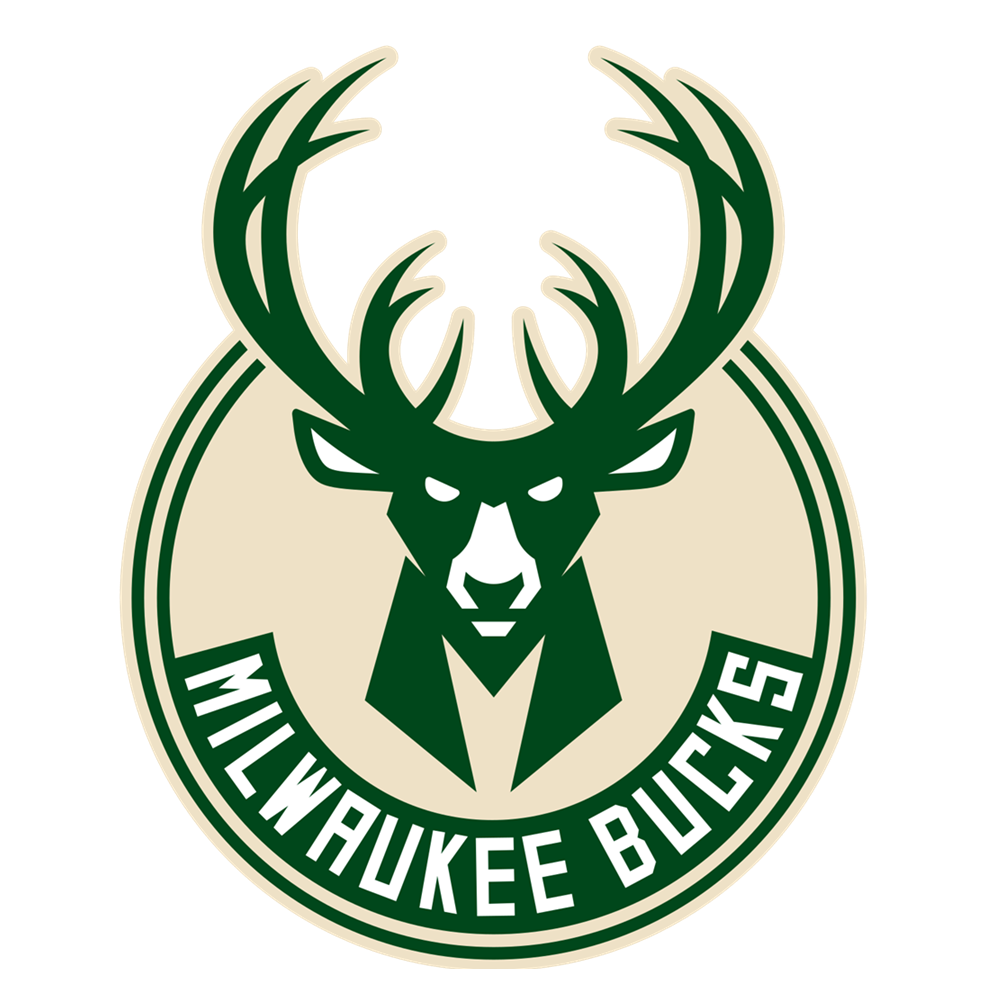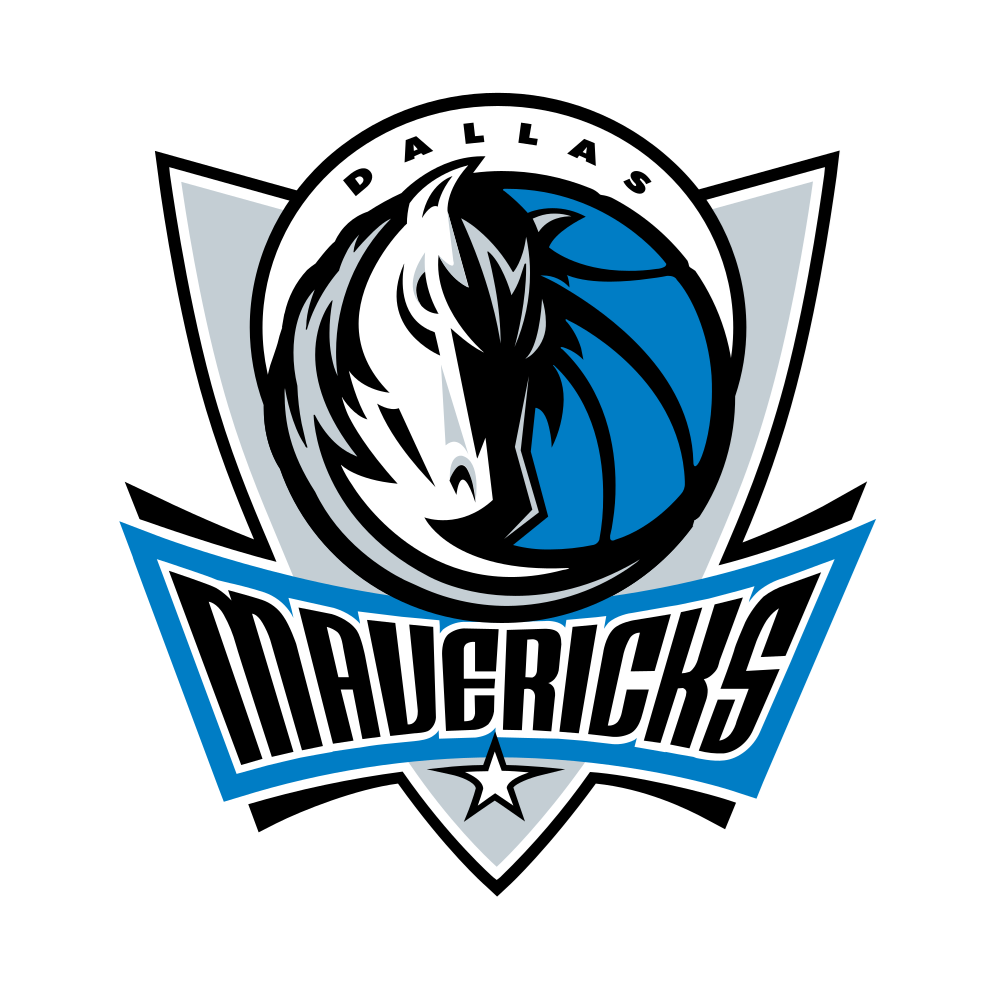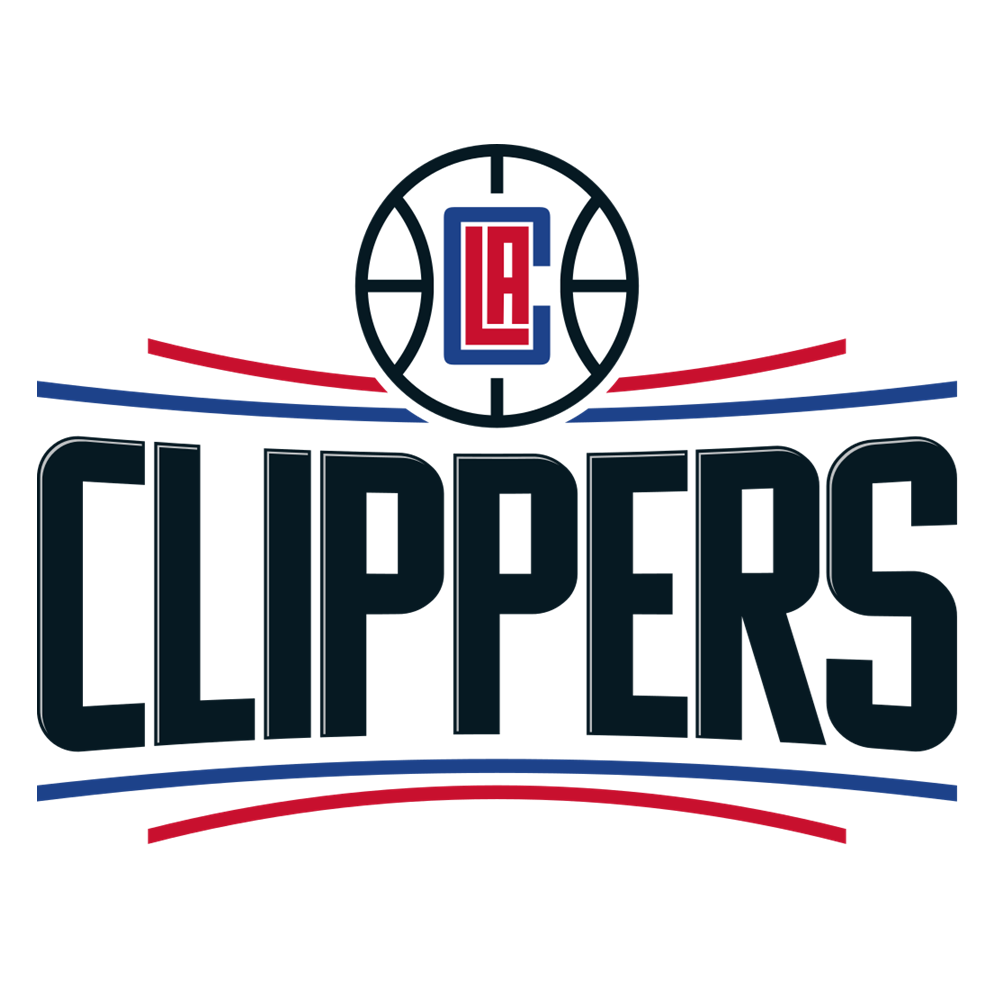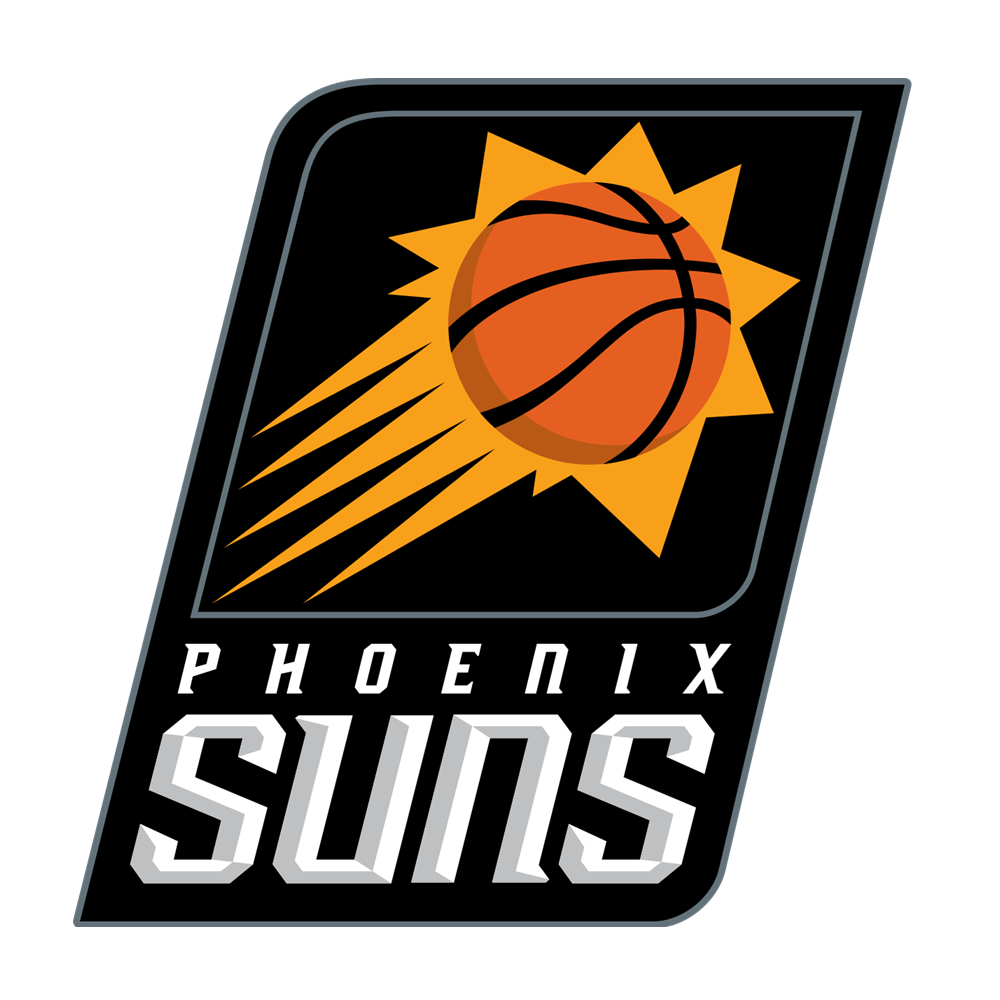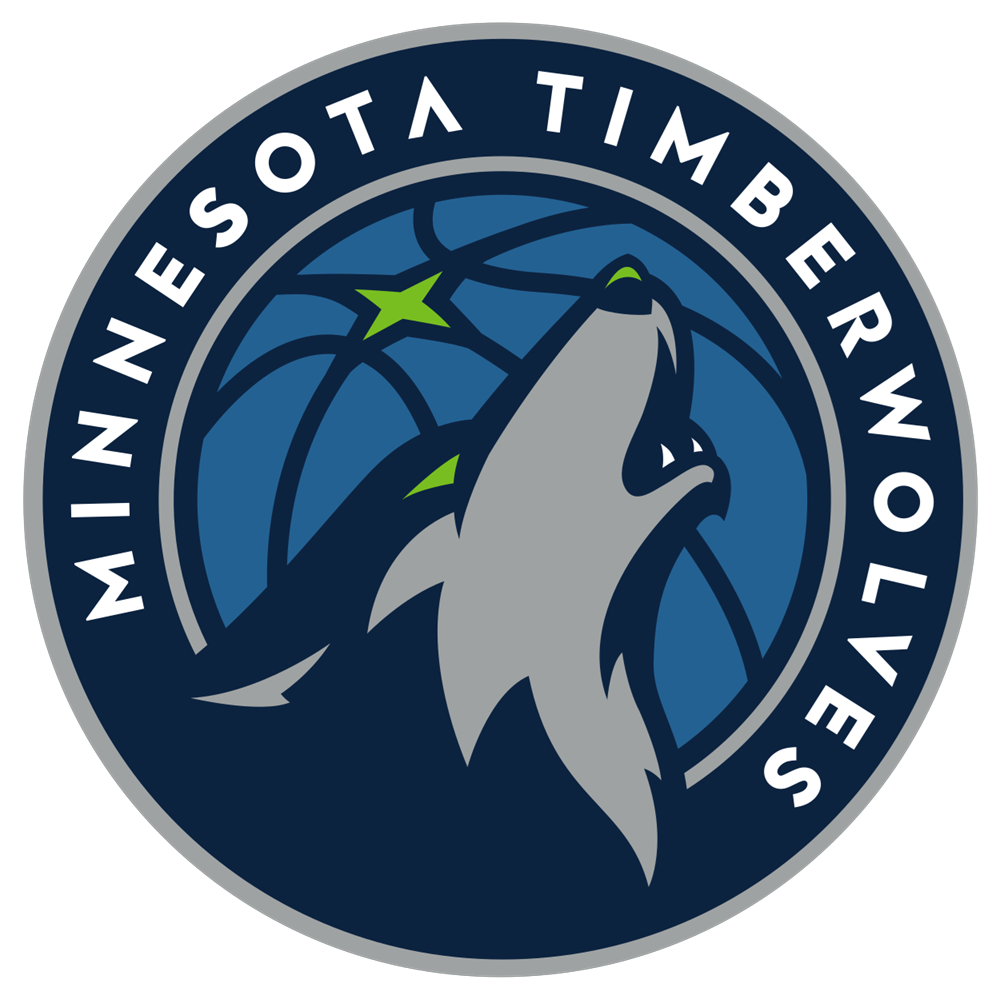In the summer of 2016, the L.A. Lakers, armed with cap room, tried to make a free agency splash. They signed centre Timofey Mozgov from the Cleveland Cavaliers to a four year, $64 million contract, and followed it up with signing Luol Deng from the Miami Heat to a four year, $72 million deal.
They then almost immediately changed plans. Both players got out to slow starts and then never really sped up; in their first seasons, Mozgov averaged only 7.4 points, 4.9 rebounds and 0.6 blocks in 54 games (52 starts), while Deng averaged 7.6 points, 5.3 rebounds and 1.3 assists in 56 games (49 starts). Designed to be veteran help alongside D'Angelo Russell, Julius Randle, Brandon Ingram and Jordan Clarkson, the pair both struggled to get going throughout and recorded career-worst years.
The Lakers shifted their direction pretty much immediately after this. They revamped the structure and personnel of their front office, and opted to up their standards when it came to the players they were pursuing. In the midst of an uncharacteristically long playoff-less streak, the team decided, explicitly, to target only the game's very best in free agency. No more Mozgovs.
It worked this summer when they signed LeBron James as a free agent. But to do so again next year may require freeing themselves of Deng's contract.
Earning $18 million this season and $18.81 million next, Deng's contract vastly outweighs his performance. Indeed, as of last season, there was no performance. After starting him in the first game of the season but playing him for only 13 minutes, the Lakers had another quick rethink and benched Deng for the young forward quartet of Brandon Ingram, Kyle Kuzma, Julius Randle and (until the trade deadline) Larry Nance Jr. Despite being ostensibly in good health, Deng never played another minute all season, consigned to the bench for the sin of being too old, married to the team for the sin of being too expensive to divorce.
The Lakers clearly do not want Deng at this price, and have been quite overt in pursuing their options to move his contract, free up cap space and acquire more stars. They did this already with Mozgov, moving his deal with formerly highly touted prospect Russell to the Brooklyn Nets in exchange for Brook Lopez and the pick that became Kuzma, in a deal that looks to be heavily in the Lakers' favour after the LeBron signing (especially since Kuzma is every bit the prospect that Russell is, if not better). But there has been no such deal available for Deng.
There are myriad factors in play as to why that is. In part, because others teams in the league know of the Lakers' intent, the few teams that are willing and able to take on Deng's deal are also able to leverage that fact and demand a high price from the Lakers in return, clearly with prices prohibitively high for a deal to take place. (This is the downside of the Lakers making it so well known how committed they are to targeting stars in free agency. The upside is that it worked with LeBron.) Theoretically, the Lakers could move Deng for another of the big 2020-expiring salaries. But to do so gains them nothing, and so Deng remains.
In part, the wider tightening of league spending given all the oversized contracts out there means there is less money to spend, and in a year of greater salary prudence, teams have to be more judicious, just like the Lakers are trying to be. Further to this, with so many teams already having one big unwanted salary of their own, they cannot afford a second no matter the sweetener.
But for the most part, it is because Deng is not wanted as a player any more.
Since his heyday, Deng has been on a steady decline as an NBA player. His heyday was excellent - without ever having explosive speed or a rangy jump shot, Deng was a triumph of guile, awareness and IQ, a strong mid-range shooter who cut, rolled, dove and ran to the rim where he could, contributed on the glass, and stood out defensively with his reads and discipline. He only twice cracked the All-Star level, but he was very close to it for a long while.
However, with some injuries in his past, Deng has an awful lot of miles on his body clock. He has combined 14 long NBA seasons (including some long postseason runs) with heavy international duties for Great Britain (for which we will forever be grateful), and famously played a very large portion of the available minutes in those 14 seasons, health permitting. Averaging nearly 39 minutes per game for the Chicago Bulls in the four season stretch between 2009 and 2013 seemed to take it out of him; in subsequent stints with the Cleveland Cavaliers and the Miami Heat, the still-wily Deng had lost a step, and in his first season with the Lakers, he had lost two.
One cannot know for sure Deng is unwanted as a player overall, however, only that he appears to be unwanted at that price. A player's salary determines their value, but not their ability. The true test of whether he would be wanted as a player would be to see what would happen were he a free agent again. And perhaps he soon will be.
Given that the trade option seems to be a non-starter, the only other way for Deng to leave the Lakers before his contract expires in 2020 is to be waived. This could be done via a straight waiving (option A), or a buyout (option B), both of which could through something called the stretch provision (option C).
Option A is, essentially, just cutting him. Cutting a player is known as waiving them because players pass through a "waivers" procedure when cut, a mechanism which allows other teams to claim the player before they enter free agency, on the same contract that the other team just cut him from. If a player is claimed, they move to the new team on the same contract, whether the player likes it or not, in what is essentially a trade. If they are not claimed, the player is a free agent, and the other team is on the hook for all the money still owed in the previous contract. Players are very rarely claimed off of waivers, though, and considering it is his current contract that is the problem, Luol absolutely 100% would not be. This move would thus save the Lakers no money.
Option B would save the Lakers some money, but would involve Luol sacrificing some. A buyout is the term given to a player and team mutually agreeing to lessen the amount of money owed to a player, then immediately using the waivers procedure outlined in option A. To use Deng as an example - he is owed $36.81 million guaranteed over these next two seasons, and if straight waived in option A, he would still get all of that. But in a buyout, if he agreed to cut his owed amount to (for example) $30 million before being waived, that is the amount he would get. The player gives up money in order to get his freedom, and a chance at signing/playing elsewhere; the team pays a lot of dead money to a player they no longer wanted in order to save on a bit extra, money which they can then reinvest on other players via the opened-up roster spot. On non-minimum salaries, this is more common than a straight waiver.
The stretch provision, option C, is a relatively new salary cap mechanism whereby, if a team cuts a player be it via a buyout or a straight waiver, the outstanding amount is paid out over a longer period of time than the contract initially called for. The payments are literally stretched over future years, hence the name. This is something that happens automatically when it comes to the salary actually being paid to the player, but it is also something that a team can opt to strategically employ on their salary cap. [It is often assumed that a team's salary cap number, the amount of money it has to spend on players and the amounts it has already spent, comport 100% with the amount that actually changes hands those years. This is not the case. The two are mostly the same, but not always. Luckily, the amount that actually changes hands and matters such as payment schedules only really matter to the team's and player's accountants.]
Under the stretch provision, if waived between 1st July and 31st August inclusive, a player's contract when waived has their remaining outstanding salary stretched over twice the number of remaining years, plus one. A player with two remaining years would thus be paid over five. If waived between 1st September and 30th June inclusive, though, the current year is not stretched, but future ones are. A player with two years remaining would thus get their full salary for the current season, and their second one over the following three.
This upcoming Friday, then, could be a key date for the future of Luol Deng with the Lakers.
The question then becomes what is most beneficial to the Lakers. The only advantage to not waiving and/or stretching him at all is that the amount of owed salary/clogged-up team salary expires quicker. But considering the Lakers have free agency aspirations in the summer of 2019 - hence the one year deals to Kentavious Caldwell-Pope, Rajon Rondo, Lance Stephenson and Michael Beasley - that is not the priority for them at all. They could use the PR boost of resolving the Deng situation, too - the Lakers benched a relatively healthy player all of last year, which is never a good look.
With the 2018 free agency market having almost entirely closed now too, there is not much incentive for the Lakers to prioritise opening up 2018/19 money, which the bottom option would do. It is theoretically possible that opening up a few million in cap flexibility would help the Lakers in mid-season trades, or potentially be used in the pursuit of Rodney Hood or the few other better-than-the-minimum free agents remaining on the 2018 market. However, $11 million in reduced salary cap commitments does not automatically mean $11 million in cap space - the Lakers are currently approximately $7 million over the salary cap after contracts to JaVale McGee, Jonathan Williams, Jeffrey Carroll and Joel Berry (who all signed for the minimum salary, which does not require cap space to do), plus the $3.5 million given to Beasley (signed with the cap room exception, an exception teams with cap room are given to use after they have used it). Having fractional cap space now, when they wouldn't wish to sign or trade for anything longer than a one year contract anyway, is of no urgency.
If the priority for the Lakers truly is the summer of 2019, then, there seems to be no reason to stretch Luol before Friday. But afterwards?
Maybe. Maybe, as of next week, we are finally going to see a resolution.
In addition to the importance of the 1st September date outlined above, there is also the buyout potential as outlined in option B still remaining. In conjunction, the two might provide the path to freedom.
Luol surely knows he will not corral big money on the market any longer. After sitting for a year and playing poorly in the one before it, progressing through his early 30s along the way, he has not the leverage to get much. The best years were five years ago, and in relative terms, that is a long time. But Luol would not need to give up big money to set the wheels in motion. If the Lakers granted his representatives permission to canvas potential suitors as to what they would offer Luol as a free agent - which they certainly would do, since it would be in their interest and serve them well in buyout negotiations were he to have other offers - then whatever amount Deng could corral on the open market could be a starting point for buyout talks. Even two minimum salaries over the next two seasons that he would otherwise be benched for on the $72 million deal would pay Luol circa. $5 million dollars.
Taking $5 million away from the $36.81 million remaining gets the parties down to $31.81 million. Let us reduce that to $30 million for the rounding purposes of this hypothetical. At that point, if Deng agreed to take $30 million in a buyout on or after 1st September, the Lakers would pay him $14,669,910 this year, then a mere $5,110,030 for each of the next three years.* A $5.1 million dead salary is not ideal, particularly to a team with lofty cap aspirations, but it is a manageable one, a relatively small one (essentially 5% of the cap), and a considerably smaller one than the $18.81 million he may otherwise cost. At that point, the Lakers will surely say yes and grant Deng his release. And at that point, his value on the market can be seen publicly.
[As an aside - over the course of the 2017/18 season, there was some discussion about perversely offering Deng an extension for a far smaller amount of guaranteed money than he was currently getting. The idea was that this would lengthen his contract in years without making it much bigger in salary, which in turn would make the per-annum amounts paid after stretching him even smaller. This however was built on a nebulous foundation; such a move would be done to circumvent the cap, and cap circumvention is illegal. Other teams would have a very valid grievance under those circumstances. That said, there must have been a cut-off somewhere. If the Lakers extended Deng for a guaranteed $18 million per season, obviously this would have been fine (if ludicrous), but an extension to add a mere $1 million guaranteed purely for stretching purposes surely would not have been tolerated. It is hard to know where the cut-off is, as such a situation would be unprecedented. But the lower ends of that range would have been done purely to circumvent the cap, and thus been impermissible. If something looks like cap circumvention, it probably is.]
If Luol and the Lakers really are soon to divorce, he suddenly becomes eligible to play for any team in the world except for one. He will need a second wind to truly rebirth his career, but given that he was never a huge athlete anyway, he has not lost physical tools he required to succeed.
That said, considering his declined speed concurrent with the NBA's increased pace of play, Deng's days of playing the small forward spot in the NBA are likely over. Going forward, then, he figures to be either a slow four that does not stretch the floor as much as his peers, or a very undersized five who protects the perimeter better than the basket. Nevertheless, if he can make the adjustment to a small ball centre, or a power forward in the right match-ups, he can extend his career.
Perhaps with this in mind, the Houston Rockets would be the place to go. After losing frontcourt depth and key contributors with the departures of Trevor Ariza and Luc Richard Mbah A Moute, the Rockets have opted for a patchwork option in the form of Carmelo Anthony, yet even prior to these departures, they lacked for front court depth. Tarik Black is also gone, Nene looked considerably slowed last year, Ryan Anderson fell off even faster, Zhou Qi is not ready and may never be, and Isaiah Hartenstein is an untested rookie. Notwithstanding the excellence of their back court of James Harden and Chris Paul, the versatility of P.J. Tucker and the perfect fit that is Clint Capela, Houston could use someone in the Mbah A Moute role. With their spacing at four positions, and Capela to cover for him at centre, they are well equipped to handle a cutter, prober and defender who can take match-ups when Tucker needs a rest.
In theory, Deng could be it. In theory, after a year of sitting unwanted on the sidelines and of being thought of primarily as a contract rather than a person, he could find himself not only back in the league as a player, but on a pretty good team. In theory, the Luol Deng Career Redux will soon commence.
We might know as soon as Saturday.
* - This part of the article edited post-publication because I can't math.
